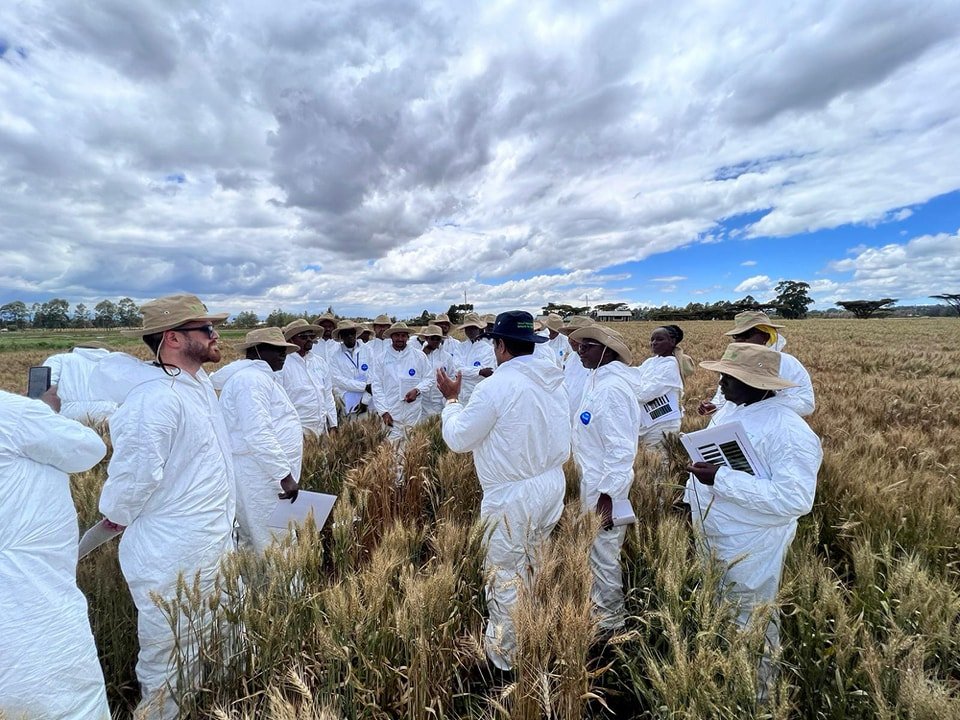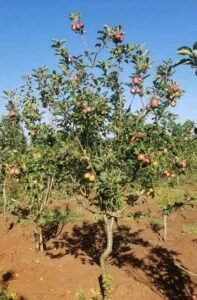By Zablon Oyugi, February 11, 2025, A latest study by a team of experts on Comparative Profitability of Agroecological Practices in Ethiopian Wheat Farming for the Alliance of Bioversity International and the International Center for Tropical Agriculture (CIAT) shows that adopting agroecological practices not only enhances farm productivity but also delivers clear economic benefits for Ethiopian wheat farmers.
This comes at a time agroecology is increasingly recognized as a key approach to sustainable food production, leveraging natural resources efficiently while minimizing reliance on environmentally harmful external inputs.
The study published on 30th January 2025, analyses the profitability and risks associated with methods such as cost-benefit analysis (CBA) incorporating sensitivity and scenario analysis to evaluate the profitability and relative risks associated with three agroecological practices.
Economic viability of agroecological practices
While agroecological practices often require higher initial investments compared to conventional farming methods, their long-term profitability and risks remain underexplored.
To address this, researchers conducted a deterministic cost-benefit analysis (CBA) to evaluate the financial viability of three key agroecological practices:
- Use of certified wheat seed
- Application of optimal site-specific inorganic fertilizer rates
- Drainage of waterlogged soils
The study incorporated factors such as yield variability, market price fluctuations, and implementation challenges to provide a comprehensive economic assessment.
Certified Seeds Lead in Profitability
The findings reveal that among the three agroecological interventions, the use of certified wheat seeds is the most profitable, yielding a net present value (NPV) of US$ 2,531 per hectare.
This is closely followed by the optimal application of site-specific inorganic fertilizers, which generates an NPV of US$ 2,371 per hectare.
Meanwhile, the drainage of waterlogged soils, though beneficial, recorded the lowest profitability with an NPV of US$ 2,099 per hectare.
Implications for adoption and policy
While the financial benefits of certified seeds and optimized fertilizer application make them attractive investments for farmers, economic returns alone are not the sole determinants of adoption.
Social and behavioral factors, such as risk perception, farmer awareness, and access to inputs, also play a critical role in influencing decision-making.
To promote wider adoption of agroecological practices, policymakers and agricultural stakeholders should design targeted interventions that address both economic incentives and adoption barriers. Support mechanisms such as access to credit, extension services, and farmer education programs can help accelerate the transition to more sustainable wheat farming practices in Ethiopia.
Scaling up agroecological practices
This research underscores the economic viability of agroecological practices for Ethiopian wheat farmers, with certified seeds emerging as the most profitable option. By providing evidence-based insights, the study highlights the potential for scaling up these practices to enhance farm productivity, improve farmer incomes, and ensure long-term environmental sustainability. Future studies should integrate social and behavioral dimensions to develop holistic strategies that encourage broader adoption of agroecological methods across the wheat farming sector.







